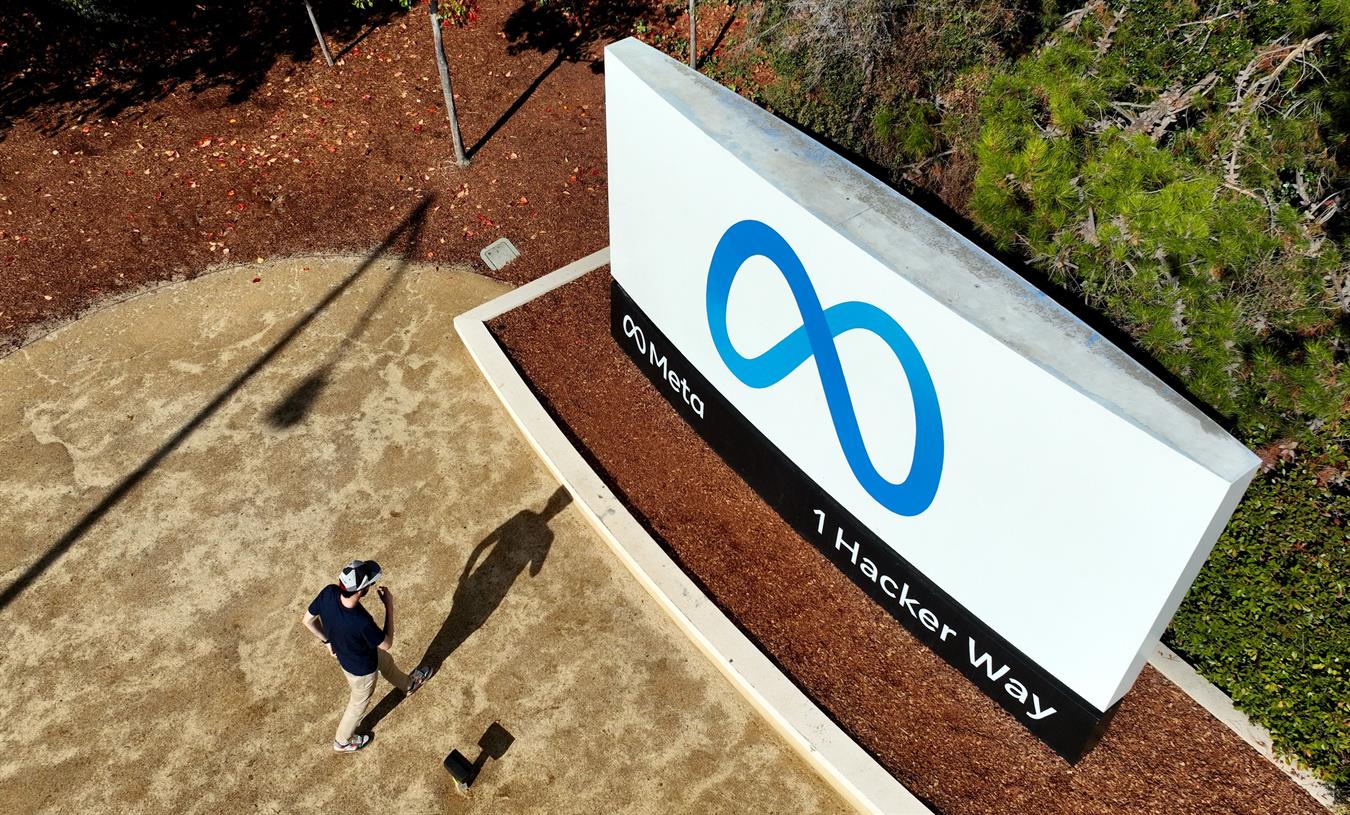Meta beats Q2 earnings estimates, goes full steam ahead on AI
The tech giant sees a future where all ads created on the platform are assisted by artificial intelligence.

Meta sees a future where artificial intelligence will handle much of its creative and business relationships – especially when it comes to its biggest revenue driver, advertising.
On its Q2 earnings call on Wednesday, CEO Mark Zuckerberg said the company plans to invest “significantly” in AI in 2025, particularly in its open source AI system, Llama 3, as well as develop more AI products.
In the future, AI will help brands create advertising on the platform by enabling them to give custom input which informs Meta’s AI systems to deliver bespoke creative.
"We're going to get there incrementally over time,” Zuckerberg said. “This is going to be a very big deal.”
Eventually, Meta advertisers will be able to input all of their content and organize it for an AI digital agent, which can help drive sales and cost savings.
“When this is working at scale, I think this is going to dramatically accelerate our business, messaging and revenue,” Zuckerberg added.
As Meta works toward this AI future, its ad revenue isn’t slowing down. The tech giant exceeded analyst projectionsin Q2, bringing in $39.07 billion in revenue. This marks a 22% year-over-year revenue growth rate, making it Meta’s fourth straight quarter of more than 20% increases.
Meta projects Q3 revenue will be between $38.5 billion and $41 billion, slightly ahead of analyst estimates. By comparison, Alphabet’s ad revenues only grew 11% year-over-year per its latest earnings report. YouTube ad revenue missed analyst estimates.
Meanwhile, Meta’s Reality Labs division, which handles metaverse products, lost $4.5 billion in Q2. Since 2020, the division has cost the company about $50 billion.
About 3.27 billion people used at least one of Meta’s apps daily in June, it said. The company earned about $11.89 per user in Q2 2024. Ad impressions increased 10% year on year, and the average price per ad also went up at a similar rate.
But there are still areas for growth. Chief financial officer Susan Li said Meta sees more opportunities to insert ads into videos, especially on Facebook, as they become shorter thanks to Reels. AI can also recommend the best times to show ads across Facebook and Instagram, allowing brands to show more effective ads without increasing ad load.
Meta also said it has invested in marketing efficiencies, including its Advantage Plus suite, which has flexible formats that allow brands to upload multiple images and videos. Meta’s AI recommendation systems select which creative to run based on what is most likely to deliver the best performance. A study released earlier this year from Meta showed a 22% higher return on ad spend for marketers who used the product.
Li said one million advertisers have used at least one of Meta’s AI solutions.
“Looking forward, we believe generative AI will play a growing role in how businesses market and engage with customers at scale,” Li said. “We expect this technology will continue to make it easier for businesses to develop customized and diverse ad creatives.”

 ValVades
ValVades 











![5 Steps to Create an Outstanding Marketing Plan [Free Templates]](https://blog.hubspot.com/hubfs/marketing-plan-1.jpg#keepProtocol)




















